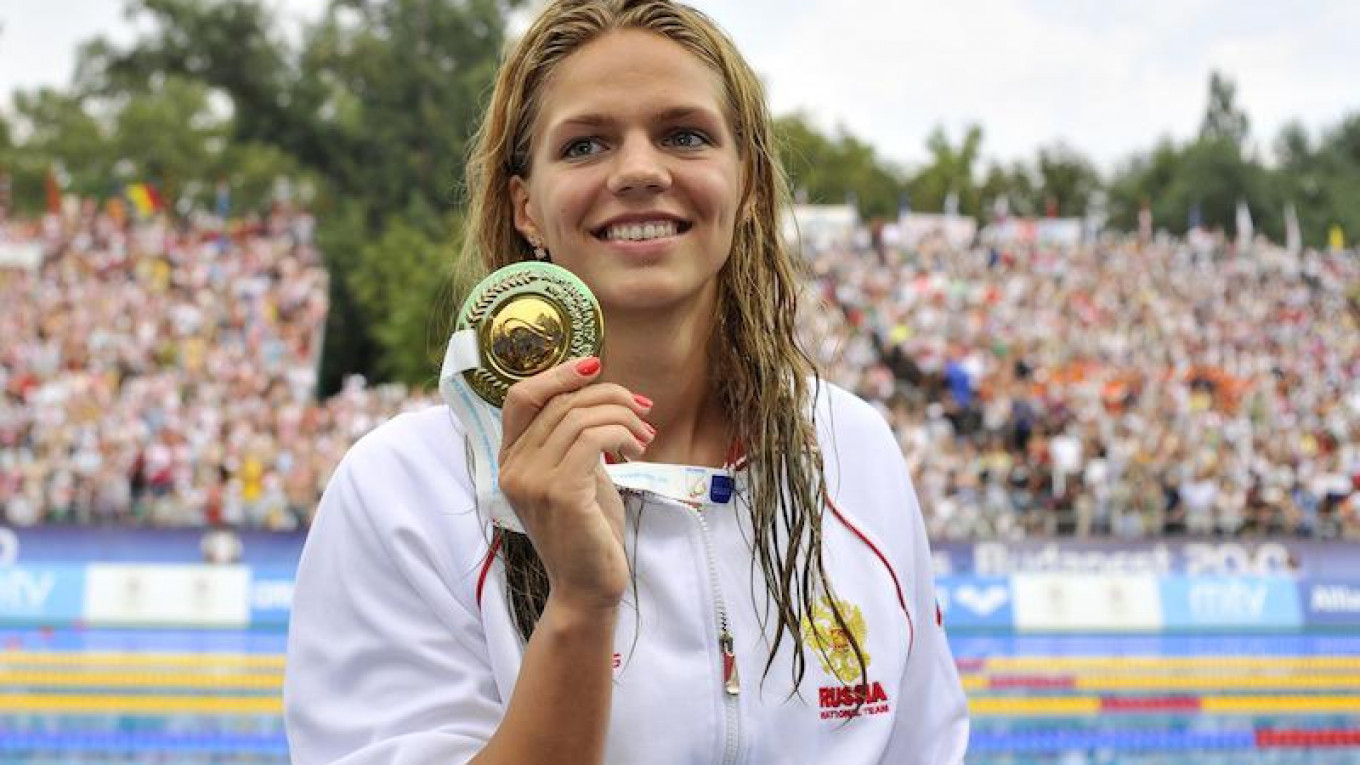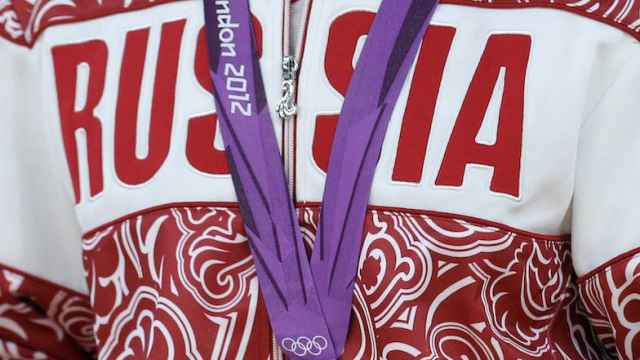International sports federations fear huge damages for banning Russian athletes from the Olympic games because of previous doping convictions, the Guardian newspaper reported Wednesday.
The International Olympic Committee (IOC) announced Sunday that individual sporting federations would decide if Russian athletes are eligible to compete in the competition in Rio de Janerio. The IOC had been under growing pressure to impose a blanket ban on the Russian squad, following reports of wide-spread, state-sponsored doping in the country by the World Anti-Doping Association (WADA).
The International Athletics Federation has already ruled that Russian track-and-field athletes will be unable to compete, declining the request of Russian sports minister Vitaly Mutko to lift the ban on Wednesday.
The international federations governing modern pentathlon, canoeing, sailing, rowing and swimming have also blocked any Russian sportsperson mentioned by name in the WADA report from competing.
At least one federation could allow Russians implicated in the report to compete due to fears that they could be sued, the Guardian reported. Such a move would give the IOC the responsibility of banning the athletes and dealing with any legal challenges.
There could be multiple legal cases from banned athletes who have not had their cases formally heard, sports lawyer Mike Morgan told the newspaper.
“It [the IOC ruling] circumvents the athletes’ due-process rights. Simply being named [in the report] does not mean they have taken a banned substance,” he said.
Russian swimmer Yulia Efimova, a bronze medalist at the 2012 London Games, announced Tuesday that she would be appealing the IOC’s ruling. Efimova was found guilty of taking performance-enhancing drugs in 2014. The ban is discriminatory as it allows athletes from other nations to compete despite past doping convictions, she claims.
A Message from The Moscow Times:
Dear readers,
We are facing unprecedented challenges. Russia's Prosecutor General's Office has designated The Moscow Times as an "undesirable" organization, criminalizing our work and putting our staff at risk of prosecution. This follows our earlier unjust labeling as a "foreign agent."
These actions are direct attempts to silence independent journalism in Russia. The authorities claim our work "discredits the decisions of the Russian leadership." We see things differently: we strive to provide accurate, unbiased reporting on Russia.
We, the journalists of The Moscow Times, refuse to be silenced. But to continue our work, we need your help.
Your support, no matter how small, makes a world of difference. If you can, please support us monthly starting from just $2. It's quick to set up, and every contribution makes a significant impact.
By supporting The Moscow Times, you're defending open, independent journalism in the face of repression. Thank you for standing with us.
Remind me later.





